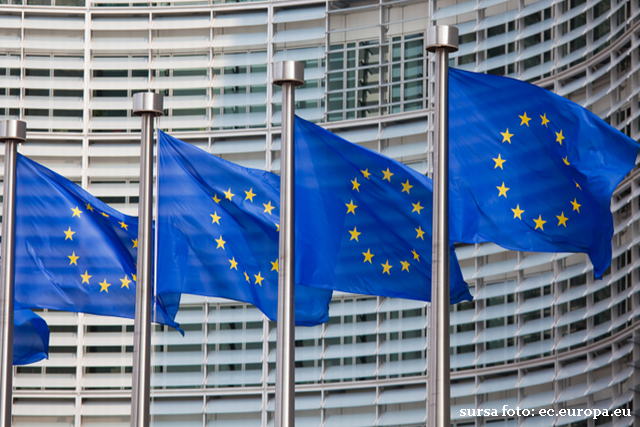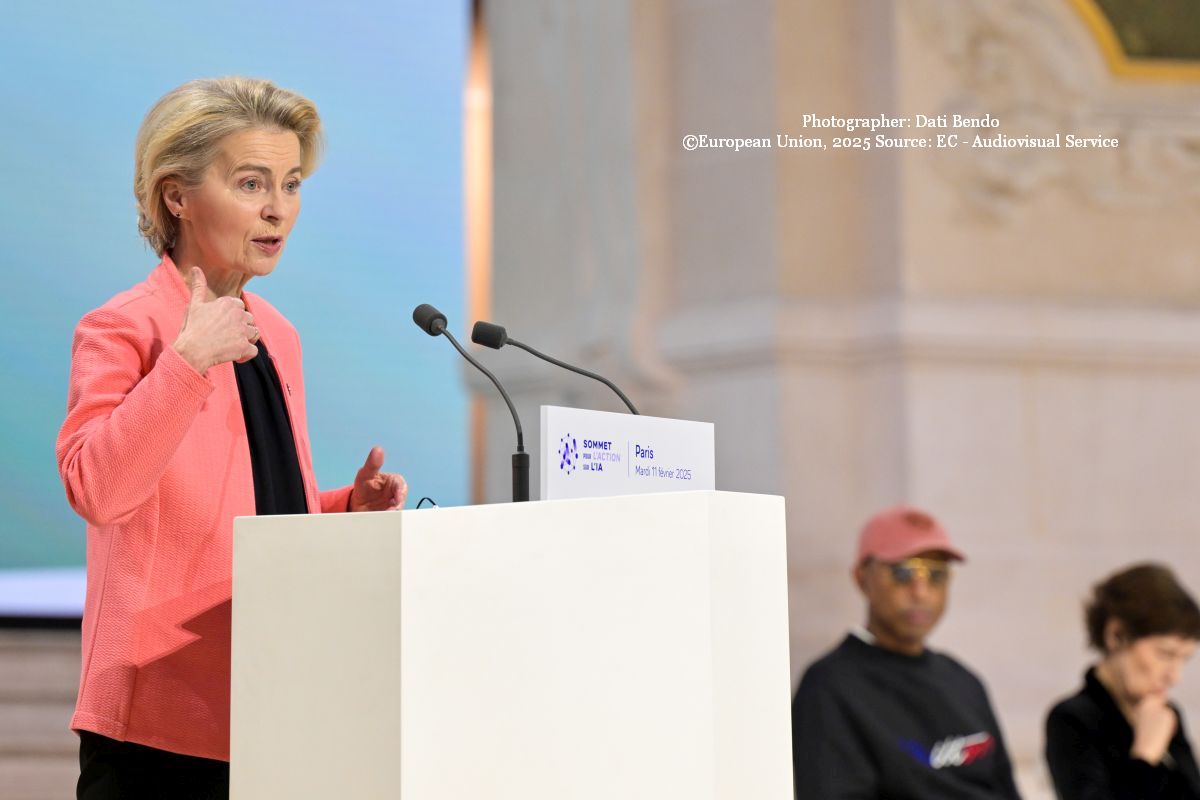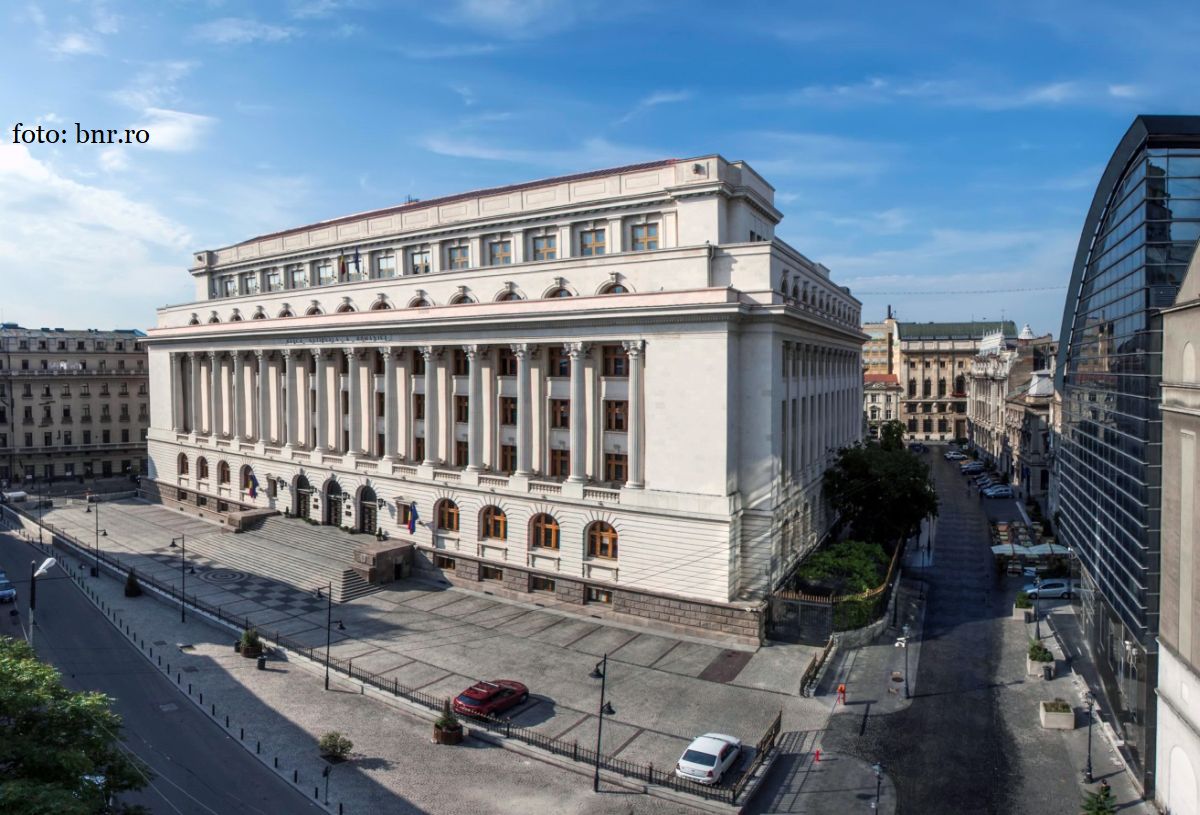Continuity in EU Foreign Policy
Syria, Ukraine and the Republic of Moldova have dominated the agenda of Monday's EU Foreign Affairs Council in Brussels

Bogdan Matei, 19.02.2019, 10:30
There is quite a number of recurrent themes on
the agenda of the EU diplomacy, from post-Brexit ties with London to the
increasingly complicated relationship with the US. Also, the situation in
conflict areas in the proximity of the European Union is an equally frequent
topic for discussion by the member states’ foreign ministers. Monday’s meeting
of the Foreign Affairs Council in Brussels was no exception, as Ukraine and
Syria were high on the agenda of talks.
According to the Romanian Foreign
Minister Teodor Melescanu, everybody agreed that the EU must get more actively
involved in finding a political solution to the Syrian crisis, which has been
going on for almost ten years and which has a direct impact on Europe, in
particular through the waves of migrants and the return to Europe of some of the
combatants there. As regards Ukraine, Foreign Minister Teodor Melescanu called
on the EU to convey once more a very clear message regarding the need for the
neighboring country’s sovereignty, unity and territorial integrity to be
respected.
According to the Radio Romania correspondent in Brussels, it was
likely for the EU to seize the assets and ban the free circulation in the
community area of the eight Russian citizens involved in last year’s incident
in the Kerch Strait, which ended in the arrest of several Ukrainian sailors.
Minister Melescanu explains why these sanctions have not been adopted yet:
They are currently being analyzed by
the EU but the main priority that we now have at EU level is taking the
necessary steps to free the sailors arrested in the Kerch Strait. This has been
set as the main priority and, of course, discussions are to be held concerning the people believed to be involved in this
arrest.
Romania’s other ex-Soviet neighbor, the mostly
Romanian-speaking Republic of Moldova, was also on the agenda of the EU Foreign
Affairs Council meeting. Parliamentary elections are scheduled in Moldova on
Sunday, and analysts say the stake will be not only political, but also
geopolitical. Opinion polls show Igor Dodon’s pro-Russian Socialists as
favorites, with almost 40% of the votes, followed by the ACUM bloc, an
electoral alliance of the pro-European right wing, with 25% and the centre-left
Democratic Party, the main party of the current pro-Western government, with
15%.
Melescanu has made no secret out of the fact that he hopes the outcome of
the Moldovan elections will be a majority that would continue its rapprochement
with Europe. Romania believes that it would be a mistake for the EU to give up
the financial and political investment it has made so far in the Republic of
Moldova, Melescanu also said.






























